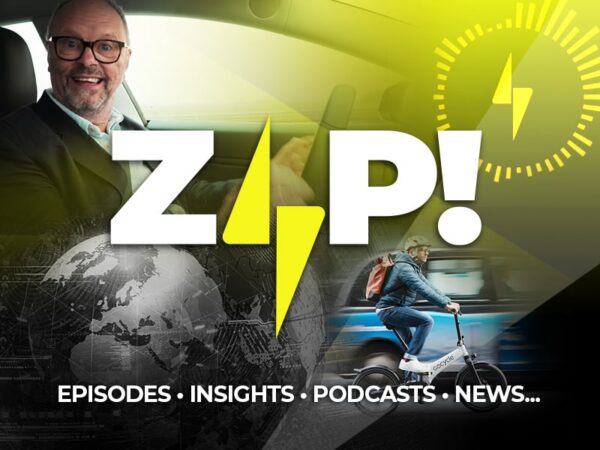
The global shift towards a planet-saving plant-based diet
In 2018 the UN’s International Panel on Climate Change issued a stark warning to the world. Unless we make significant changes to our consumer-driven lifestyle and the energy infrastructure that supports it, we will not be able to keep global warming from rising above 1.5C by the year 2030. Governments and organisations were urged to act quickly on large-scale initiatives, but individuals were also encouraged to make changes to limit our impact on the environment. Installing solar panels at home and switching from an ICE to an EV might not be possible straight away for many people, but something that is achievable is following one of the IPCC’s other recommendations: eating a plant-based diet.
“Plant-based” is a broad term that covers vegan, vegetarian and flexitarian diets. It’s helpful to think of plant-based eating as a spectrum, with veganism at one end (no animal products) and flexitarianism at the other (reducing meat, dairy and eggs). Vegetarianism takes the middle ground, cutting out meat altogether but allowing for dairy, eggs and honey.
Although veganism is largely focused on preventing animal exploitation, the environmental damage caused by animal agriculture can also be mitigated by going vegan. Land and water degradation, pollution and loss of habitat and biodiversity are some of the destructive effects of animal agriculture. Livestock production contributes between 15-18% of total greenhouse gas emissions – that’s more than all transport combined. The scale of animal agriculture is enormous – if it was brought to an end, we would free up land-mass the size of Africa for rewilding and planting crops to feed humans instead of farmed animals. The expected world population of over 9 billion by 2050 could be sustainably fed on a vegan diet.
Research also shows that no animal products are more environmentally friendly than their plant-based alternatives. For example, eating 100 grams of tofu 1-2 times a week for a year is equivalent to driving a petrol car a distance of 32 miles. Eating 75 grams of beef instead (equivalent to one hamburger) equates to driving the same car 1,542 miles. Sadly, for vegetarians, dairy doesn’t fare much better. Drinking one glass of milk a day has the same environmental impact as heating the average UK home for 36 days. Compare this with almond milk – your daily glass would equate to heating the same home for 8 days.
Changing eating habits can be challenging and take some time. Following a flexitarian diet is a step in the right direction. The definition of flexitarianism isn’t fixed. For some, it means consuming meat only once a week, while others aim to make the majority of their meals veggie/vegan rather than meat being the star of the show. A good rule of thumb is to think of meat as an occasional treat. In early 2019, the EAT-Lancet study suggested the best diet for human and environmental health was a diet packed with fruit, grains and vegetables but with a very low meat intake – steak can be eaten once a month, along with six eggs, four chicken breast fillets and 250g of dairy. For those who choose to follow these guidelines, adopting a vegan diet might not seem so far away on the spectrum anymore. What is clearer than ever is that way we produce and consume food must change. EV drivers are the early adopters of the post-fossil fuel era. No doubt they will be at the forefront of the global shift towards a planet-saving plant-based diet.





